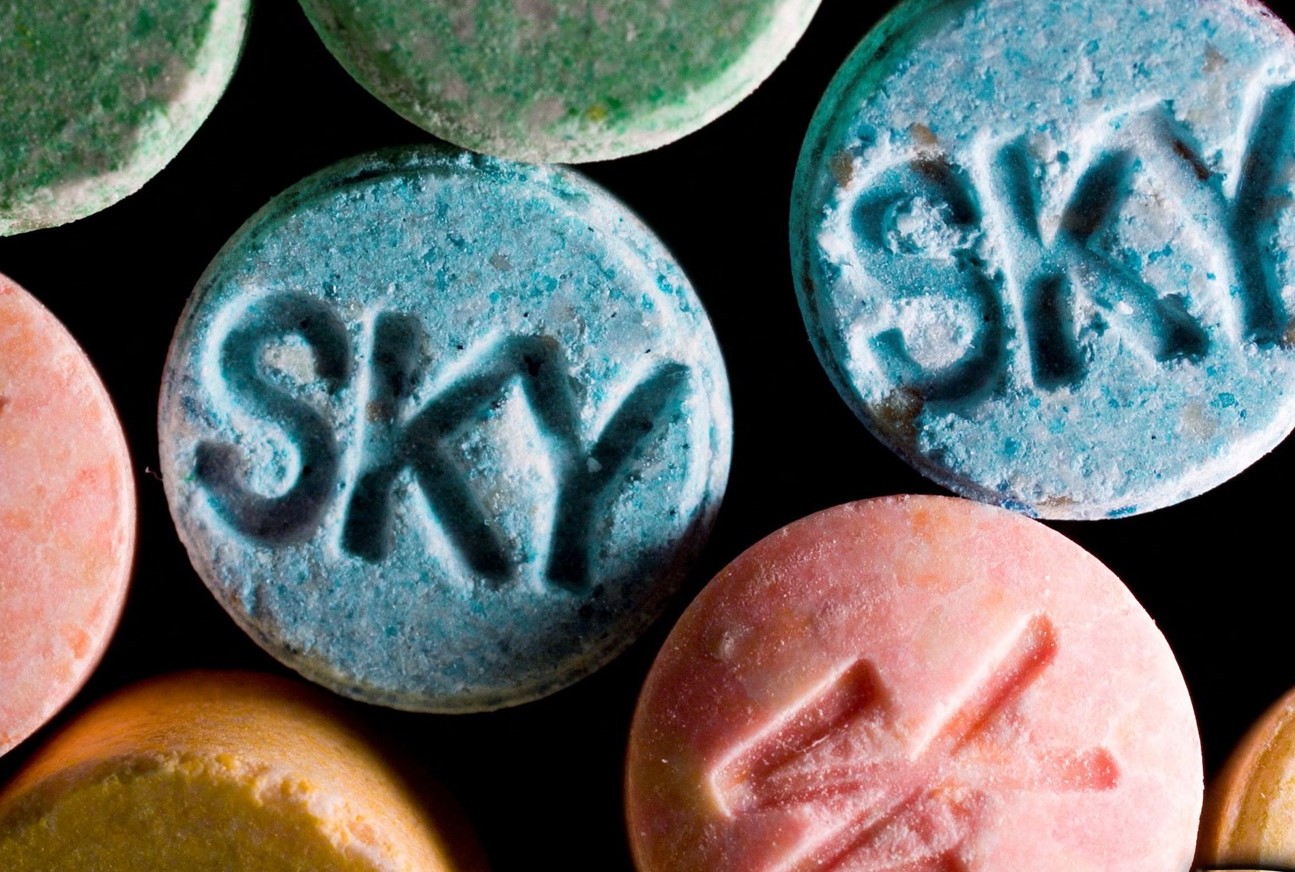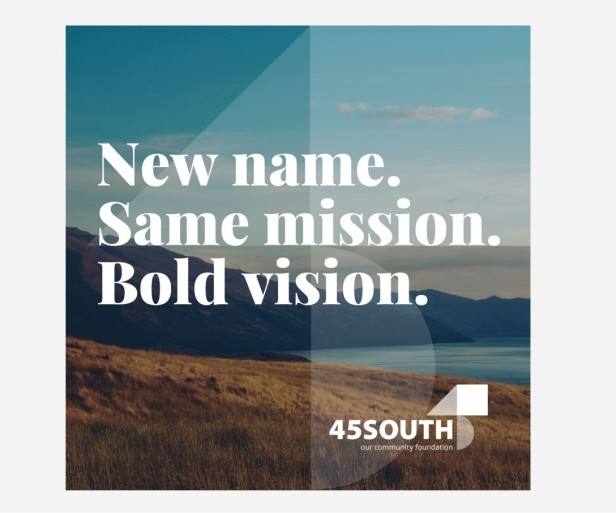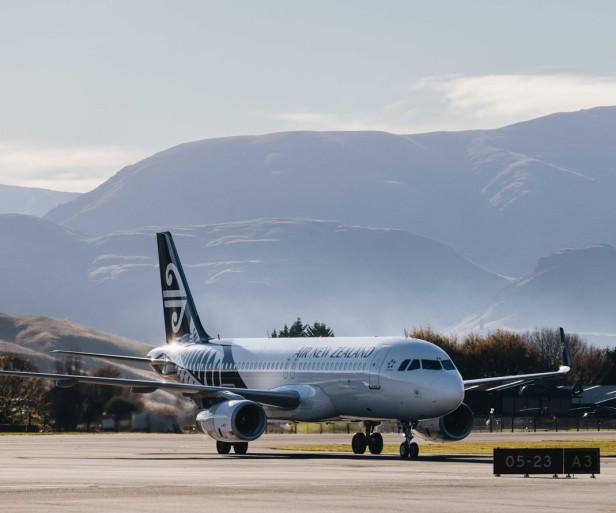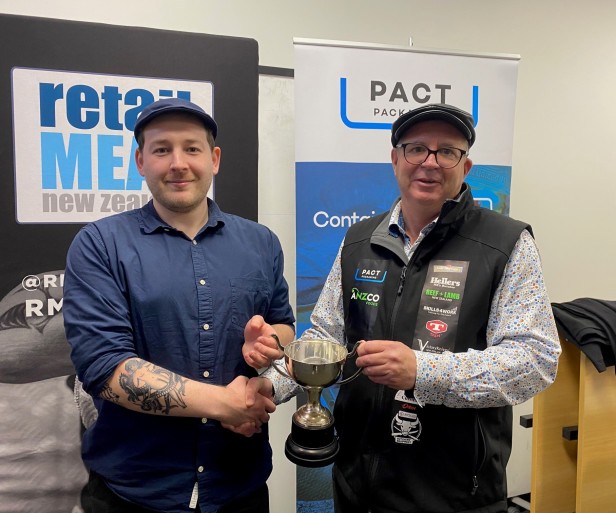Police cracking down on MDMA dealers locally

Police will be continuing to target dealers peddling MDMA (ecstasy) and other even more dangerous concoctions being passed off locally as ecstasy and warn parents of teenagers to talk about drug use with their kids.
Otago-Lakes Central CIB head Detective Senior Sergeant Malcolm Inglis says ecstasy use in Queenstown is among the highest in the country. As a tourist and party town it’s a target for dealers, he says.
Monthly DSIR wastewater tests on the local water supply give police a good understanding of what’s going on, he says. “MDMA is high for Queenstown – the most common, then cocaine, meth and cannabis to a lesser extent.”
It’s understood teenagers have arrived at Lakes District Hospital’s Emergency Department by ambulance after they were believed to have taken what was supposedly sold as MDMA or ecstasy.
While Detective Senior Sergeant Inglis says he wasn’t aware of specific incidents involving teens, any recreational drugs were harmful, particularly to teenagers whose brains were still rapidly developing.
Selling for around $30 to $40 a tablet – MDMA coming in a powder form, he says it’s an expensive drug. “But there’s been plenty of work in Queenstown for young people these last few years.”
While teens may be targeted at certain festivals and events, Detective Senior Sergeant Inglis says the bar scene and young backpackers are more of a target locally.
“Our priority is with dealers. It would be of particular concern if they were targeting school age children," he says.
“We’re well aware people sell these drugs targeting events and a lot sell them over the internet." Many of the sites are encrypted but police are able to intercept some. Unfortunately, social media is another avenue for purchasing illicit drugs.
A Queenstown Central Otago summer police operation targeting online dealing netted numerous arrests, some serious dealers.
Often what’s being sold as MDMA is in fact a variety of chemicals with similar or worse effects so Detective Senior Sergeant Inglis says that’s where organisations like KnowYourStuffNZ that test drugs on site at large events are vital. “We’d rather they were safe than behind a tent somewhere.”
Parents are urged to be aware and talk to their kids up front having ‘open discussion’ about drug use and its dangers. “It’s about educating on the harm they can cause and minimising that for our young people.”
Senior Sergeant John Fookes says drugs obviously alter young people’s inhibitions. “They don’t have a lot of life history on which to assess risk. We see a number of sexual complaints through the CIB.” Consent becomes an issue with a large proportion of those taking party drugs and combining them with alcohol, he says.
Police see drug use in a range of ages. “We do see school age people and that is of concern.”
Hato Hone St John Area Operations Manager – Central Otago David Baillie says it’s becoming more common for officers to see patients who’ve “taken something without knowing what is in it, or thought it was something that it’s not.” It’s not uncommon for drugs to be a factor in a wide range of ambulance call-outs.
“We’ve seen an increase in drug related harm at events throughout NZ over the past two years. Queenstown is no different in this regard,” he says. “No drug is safe to consume, however, if you’re going to take drugs – get them checked, and make sure you’re with people you trust.”
KnowYourStuffNZ deputy manager Jez Weston says they’ve done more than 10,000 tests onsite for people nationwide and the vast majority of drugs are what people think they have. “This year one in 10 samples were not what they were supposed to be,” he says. More than half of those people then decide not to take it, while some still take it for various reasons.
While a pill is generally one dose and users may take two a night, Jez says they’re definitely seeing some pills with multiple doses.
What they’ve seen in Queenstown is similar to everywhere else. It’s not just young people at risk of doing harm – 60 percent of clients are over 25, the rest under.
At times they’ve tested what have been really dangerous drugs and had to warn clients if they take them they could be taking their lives into their own hands.
KnowYourStuffNZ would like to increase its service in the Queenstown Lakes area if funding becomes available, but volunteers held educational clinics in Queenstown and Wanaka later last year.
Lakes District Hospital is experiencing an overall increase in ED numbers this year and Hospital Service Manager Emily Nelson says staff sometimes treat and care for patients who may have taken drugs. She encourages people to be safe and look after themselves and friends.
For advice on drugs and upcoming drug checking clinics see:
KnowYourStuffNZ offers a non-judgmental service, testing and advice. See: knowyourstuff.nz









